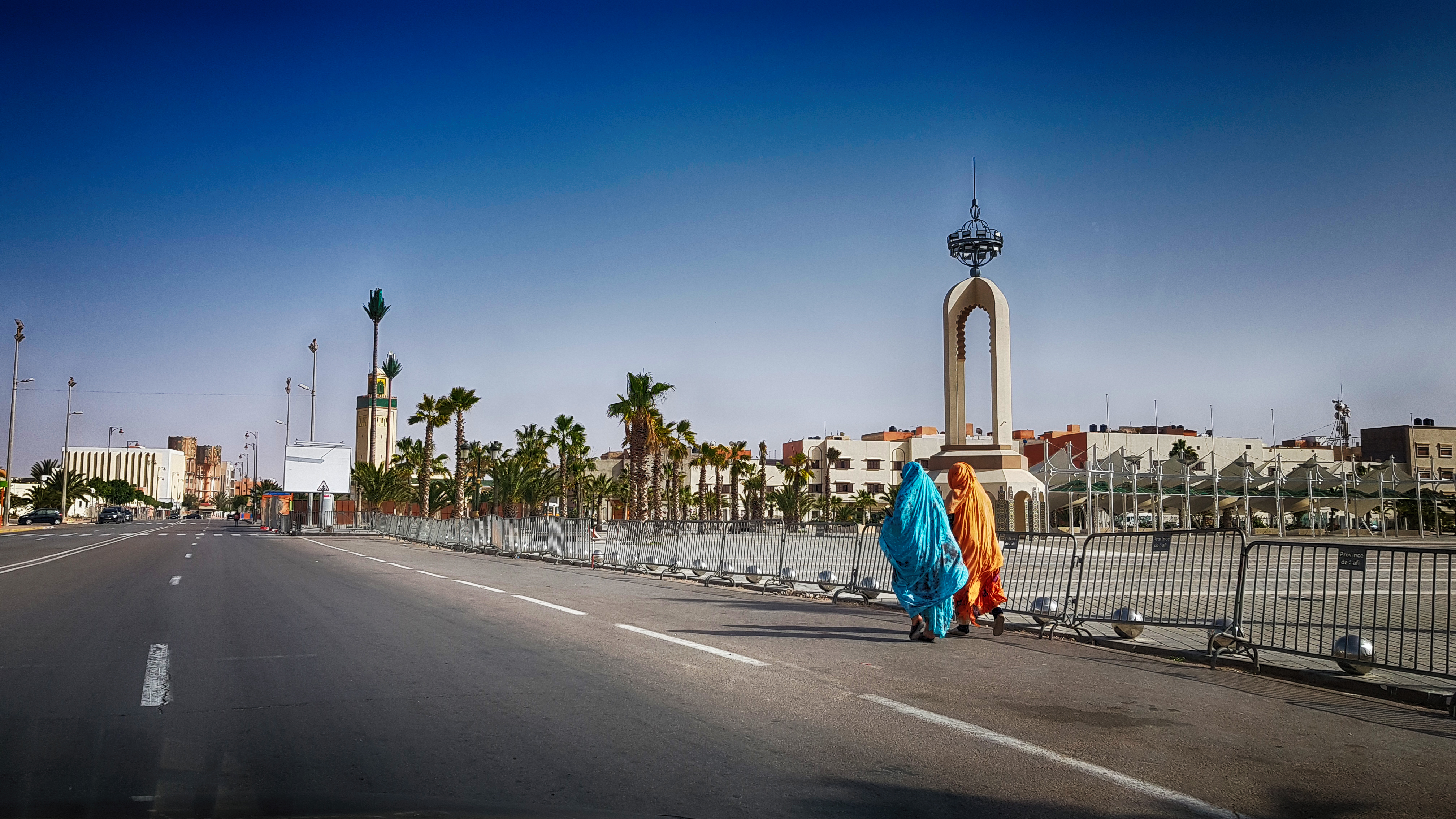Reuters
By Patrick Markey and Aziz El Yaakoubi
Western Sahara independence chief Mohammed Abdelaziz took his movement through a war and diplomatic struggle, but his death leaves a new leadership facing a tough diplomatic test with a younger generation likely to be demanding change.
Abdelaziz, who died on Tuesday aged 68, will be buried on Saturday after more than three decades as leader of the Sahrawi people’s Polisario Front movement and president of its self-declared Sahrawi Republic.
His name is synonymous with the Polisario, from its early days in the 1970s as a guerrilla front fighting against Spanish, and then Moroccan, troops through to the U.N.-backed ceasefire and years of stalemate over a referendum on the disputed territory’s self-determination.
Polisario will hold an extraordinary session to choose a new leader after a 40-day period of mourning.
The desert territory, which is rich in phosphate, has been at a diplomatic impasse for more than 20 years since a U.N.-sponsored ceasefire came into force between the Polisario and Morocco on the understanding a referendum would be held on independence.
The two sides never agreed on the terms of the referendum or who would be eligible to vote in it, however, and, with Morocco having no interest in keeping it alive, the idea has been shelved.
Analysts say it will be the task of any new Polisario leader to keep the referendum idea in the international spotlight even though Morocco is lobbying its allies to keep any such vote off the agenda.
Some say the younger generation of Sahrawis, who have spent all their lives in camps, may look to Abdelaziz’s successor to push more aggressively for reclaiming territory.
Abdelaziz’s death came as the obscure dispute took a delicate turn after Morocco, angered by a comment by U.N. Secretary-General Ban Ki-moon, expelled part of the U.N. peace-keeping mission in the territory earlier this year.
That triggered a new round of diplomatic scrambling over the future of the arid territory.
Polisario leaders, based in the Sahrawi refugee camps in southern Algeria, warned that move puts the ceasefire at risk. Morocco says its decision is irreversible.
“Don’t expect a new leader to offer dramatic change immediately … The Polisario movement has been adamant about wanting to see a referendum as previously agreed and has always rejected other options than independence”, North Africa project director at International Crisis Group Issandr El Amrani said.
Morocco took over most of the territory in 1975 after the end of Spanish colonial rule. It has offered an autonomy plan that Rabat says meets U.N. resolution for a “mutually acceptable solution” to the conflict.
Morocco’s king has also invested billions in the development of the region, in part to help ward off independence ambitions from Sahrawis there.
The Moroccans may be hoping the thrust for independence will peter out. One independent Moroccan daily Akhbar Al Yaoum posed the question: “Abdelaziz is dead : How long will the separatist dream live after him?”
DIPLOMATIC WAR
The African Union and a European Parliament were among those who expressed support for the Sahrawi people’s self-determination and independence after Abdelaziz’s death.
Rabat has however dismissed the relevance of Abdelaziz, dubbing him a puppet of Algeria, and saying his death will not change the nature of the conflict.
“He spent his last years threatening to resume war against Morocco, if he did not, it is because his masters did not want to,” a Moroccan official source said, referring to the Algerian government, which has backed Polisario.
Abdelaziz will be buried in the buffer zone called “liberated territory” by the Polisario, which is located between the Moroccan protective berm and Algerian and Mauritanian borders.
The latest crisis started with Ban Ki-moon’s visit to southern Algerian refugee camps where he referred to Morocco’s 1975 annexation of Western Sahara as an “occupation.” Rabat responded by expelling part of the U.N. civilian mission, in part charged with organizing a referendum.
In a vote in April, the U.N. Security Council extended the peacekeeping mission for a year and demanded its full team be allowed back in following the move by Morocco. The situation has not yet been resolved.
But in the Sahrawi camps, many of the younger generation of refugees were already frustrated by the lack of progress even before the expulsions and Abdelaziz’s death.
Many Sahrawis have lived all, or most of, their lives in the desert camps in southern Algeria near the border with Morocco, often in mud-brick homes and using car batteries to power lights at night.
Geoff Porter, an analyst with North Africa Risk Consulting, said leadership change may intensify the conflict with Morocco as younger Sahrawis are frustrated with the lack of material change in their circumstances after three decades.
“This could result in populist pressure on Abdelaziz’s successor to push more aggressively to reclaim territory,” he said. “On the other hand, Sahrawis have demonstrated an enormous amount of patience and Abdelaziz’s death, which was widely anticipated, will not change that.”
(Writing by Patrick Markey; Editing by Richard Balmforth)





